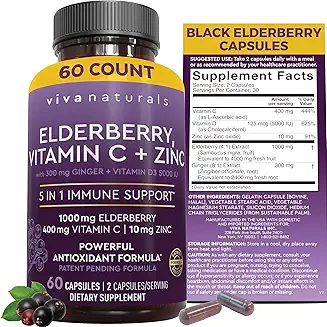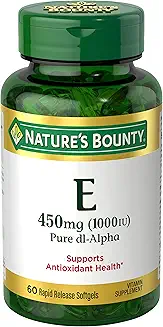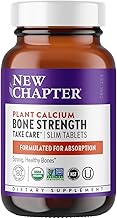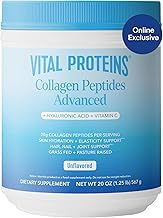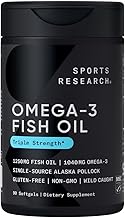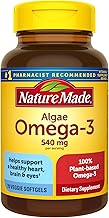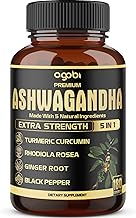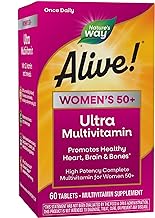As someone who’s spent years researching and experimenting with various skincare regimens, I’ve discovered that true skin health starts from within. While topical treatments have their place, the right combination of vitamins and supplements can improve your complexion. In this comprehensive guide, I’ll share my insights on the most effective nutrients for achieving that coveted healthy glow.
Understanding Skin Health from the Inside Out
Many of us struggle with skin issues like dryness, acne, premature aging, or uneven tone. These problems often stem from nutritional deficiencies or imbalances in our bodies.
By addressing these internal factors, we can support our skin’s natural healing and regenerative processes, leading to a more radiant and youthful appearance.
Essential Vitamins for Skin Health
Vitamin C: The Collagen Catalyst
Vitamin C is a crucial nutrient for skin health. As a potent antioxidant, it protects our skin from free radical damage caused by UV exposure and environmental pollutants.
However, it’s most significant benefit comes from it’s ability to boost collagen production.
Collagen is the protein responsible for keeping our skin firm and elastic. As we age, our natural collagen production decreases, leading to wrinkles and sagging skin. By supplementing with vitamin C, we can stimulate collagen synthesis and slow down this aging process.
When choosing a vitamin C supplement, look for one that includes bioflavonoids. These compounds enhance the absorption and effectiveness of vitamin C, maximizing it’s benefits for your skin. One of my favorites when my immune system including elderberry and zinc, I add in addition to my favorite multivitamin such as Viva naturals found on amazon.
Vitamin E: Your Skin’s Protective Shield
Working in tandem with vitamin C, vitamin E is another crucial antioxidant for skin health. It helps protect cell membranes from oxidative damage and can even absorb energy from ultraviolet light, reducing the harmful effects of sun exposure.
Vitamin E also plays a significant role in skin healing and can help reduce the appearance of scars. It’s moisturizing properties make it particularly useful for people with dry or sensitive skin.
For optimal results, consider taking vitamin E such as Natures Bounty alongside vitamin C. These two nutrients work synergistically, enhancing each other’s effectiveness in protecting and nourishing your skin.
Vitamin D: Beyond Bone Health
While we often associate vitamin D with bone health, it’s also essential for skin cell growth and repair. Adequate vitamin D levels can help reduce inflammation, which is useful for conditions like acne and psoriasis.
Our skin can produce vitamin D when exposed to sunlight. However, with concerns about UV damage and skin cancer, many of us don’t get enough sun exposure to meet our vitamin D needs. This is where supplementation becomes crucial.
When selecting a vitamin D supplement, opt for vitamin D3 (cholecalciferol), as it’s the form most easily utilized by our bodies. Aim for a dosage recommended by your healthcare provider, as person needs can vary based on factors like age, skin tone, and sun exposure. One my favorites and overall choices on Amazon for its natural based plant is New Chapter Organic Calcium Supplement with D3, K2, and 70 + minerals for bone support.
Minerals: The Unsung Heroes of Skin Health
Zinc: Nature’s Acne Fighter
Zinc is a mineral that often goes unnoticed, but it’s incredibly important for skin health. It has anti-inflammatory properties that can help calm acne-prone skin and promote wound healing.
Zinc also plays a crucial role in sebum regulation. Excess sebum production is a common cause of acne, so keeping it in check can lead to clearer skin. Additionally, zinc supports the immune system, which can help your body fight off acne-causing bacteria more effectively.
When supplementing with zinc, be mindful of the dosage. Too much zinc can interfere with the absorption of other minerals, so stick to the recommended daily allowance unless otherwise advised by a healthcare professional.
Selenium: The Antioxidant Enhancer
Selenium works synergistically with other antioxidants like vitamins C and E to protect the skin from free radical damage. It’s also involved in the production of glutathione peroxidase, an enzyme that helps maintain skin elasticity.
Some studies suggest that selenium may help protect against skin cancer, although more research is needed in this area. Selenium also supports thyroid function, which indirectly affects skin health by regulating metabolism and hormone balance.
Brazil nuts are an excellent natural source of selenium, but if you’re considering a supplement, look for selenium in it’s organic form, such as selenomethionine, for better absorption.
Beyond Vitamins: Powerful Supplements for Radiant Skin
Collagen: The Structural Support
As the most abundant protein in our skin, collagen deserves special attention. While our bodies produce collagen naturally, this production decreases with age, leading to wrinkles and sagging skin.
Supplementing with collagen peptides can help improve skin elasticity and hydration . These smaller protein fragments are more easily absorbed by the body, allowing them to reach the deeper layers of the skin where they can stimulate collagen production.
With well over 200,000 reviews on Amazon, Vital Proteins Collagen Peptides come highly recommended and offer a significant improvement in skin texture, hydration, and firmness with the addition of vitamin C, peptides, and hyaluronic acids often added to your favorite morning coffee.
Hyaluronic Acid: The Hydration Hero
Hyaluronic acid is a molecule that can hold up to 1000 times it’s weight in water. When taken as a supplement, it can help improve skin hydration from the inside out, leading to plumper, more youthful-looking skin.
This powerful humectant hydrates the skin and helps to reduce the appearance of fine lines and wrinkles. It can even help with wound healing and tissue repair, making it useful for people who have acne scars or other skin imperfections.
When supplementing with hyaluronic acid, look for a product that also contains vitamin C, as this can enhance it’s absorption and effectiveness which is why Vital Proteins have been so popular.
Omega-3 Fatty Acids: The Anti-Inflammatory Allies
Sports Research Omega-3 Fish Oil, particularly EPA and DHA have powerful anti-inflammatory properties. They can help soothe irritated skin and may be useful for conditions like acne, psoriasis, and eczema.
These essential fatty acids also support the skin’s lipid barrier, which is crucial for retaining moisture and keeping out harmful bacteria. A strong lipid barrier can help prevent transepidermal water loss, keeping your skin hydrated and plump.
When choosing a vegetarian or vegan omega-3 supplement, opt for a high-quality fish oil or algae-based supplement as the highly recommended Nature Made Algae Omega-3 on Amazon. Look for products that have been third-party tested for purity and potency.
Emerging Trends in Skin Supplements
Adaptogens: Stress-Busting Herbs for Skin
Stress can wreak havoc on our skin, leading to breakouts, dullness, and accelerated aging. Adaptogenic herbs like ashwagandha and rhodiola can help our bodies cope with stress, potentially leading to clearer, more radiant skin.
Ashwagandha, in particular, has been shown to reduce cortisol levels, which can help prevent stress-induced breakouts and inflammation. Rhodiola, on the other hand, may help improve skin oxygenation and protect against oxidative stress. The Ogobi Ashwagandha from amazon is an overall pick with great reviews.
When incorporating adaptogens into your routine, start with a low dose and gradually increase as needed. It’s also important to choose high-quality, standardized extracts for most effectiveness.
Probiotics: Balancing the Skin Microbiome
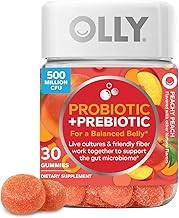
The concept of the skin microbiome is gaining traction in the skincare world. Probiotic supplements may help balance the bacteria on our skin, leading to improvements in conditions like acne and eczema.
Certain strains of probiotics, such as Lactobacillus and Bifidobacterium, have been shown to strengthen the skin barrier, reduce inflammation, and even produce substances that fight harmful bacteria on the skin. OLLY Probiotic + Prebiotic Gummy, Digestive Support and Gut Health, 500 Million CFUs, Fiber is one of the more popular supplements with prebiotic fibers.
When choosing a probiotic supplement for skin health, look for products that contain many strains and a high CFU (colony-forming unit) count. It’s also useful to include prebiotic fibers in your diet to support the growth of these useful bacteria.
Implementing Your Skin Supplement Routine
Starting a new supplement regimen can be overwhelming. Here’s a step-by-step approach to help you get started:
- Assess your current skin concerns and goals: Take a close look at your skin and identify the issues you want to address.
Are you dealing with acne, dryness, premature aging, or a combination of concerns?
- Research which supplements align with your needs: Based on your assessment, look into the supplements that are most likely to address your specific concerns.
For example, if acne is your main issue, you might focus on zinc and omega-3 fatty acids.
- Start with one or two supplements and gradually add more: Introducing too many supplements at once can make it difficult to decide which ones are effective.
Begin with the most important supplements for your needs and slowly incorporate others over time as well as reassess the vitamins you might already be taking and may want to change. Each individual will have to find your unique path to find the combination of supplements that adapts to your routine at this point in your flawless skin journey.
- Be consistent: Give supplements at least 4-6 weeks to show results.
Skin cell turnover typically takes about 28 days, so it may take a full cycle or two to see noticeable improvements.
- Keep a skin journal: Track changes and improvements in your skin over time.
Note any changes in your diet, stress levels, or other factors that might influence your skin’s appearance.
Remember, what works for one person may not work for another. It’s all about finding the right combination for your unique skin.
Common Pitfalls to Avoid
While supplements can be incredibly useful, there are some potential pitfalls to be aware of:
Overdoing it: More isn’t always better when it comes to supplements. Stick to recommended dosages to avoid potential side effects or interactions.
For example, excessive vitamin A intake can lead to skin dryness and irritation.
Expecting overnight results: Skin changes take time. Be patient and consistent with your supplement routine.
It may take several weeks or even months to see significant improvements in your skin.
Neglecting a healthy diet: Supplements should complement, not replace, a balanced diet. Focus on eating a variety of nutrient-rich foods to support your skin health from the inside out.
Ignoring potential interactions: Some supplements can interact with medications or other supplements. Always check with a healthcare provider before starting a new supplement regimen, especially if you’re taking any medications.
Adapting Your Supplement Routine
As your skin changes over time, so too should your supplement routine. Factors like age, season, and lifestyle changes can all impact your skin’s needs. Be prepared to adjust your regimen accordingly.
For example, you might increase your vitamin D intake during winter months when sun exposure is limited. During periods of high stress, you might add adaptogenic herbs to your routine. If you’re experiencing hormonal changes, such as during pregnancy or menopause, you may need to adjust your supplement intake to address new skin concerns.
Regularly reassess your skin’s condition and be willing to make changes to your supplement routine as needed. This flexibility will help confirm that you’re always giving your skin the support it needs to look it’s best.
From Basics to Advanced: Building Your Skin Health Knowledge
Understanding the role of vitamins and supplements in skin health is just the beginning. As you look further into this topic, you’ll start to see how various nutrients interact and complement each other.
For example, vitamin C and vitamin E work synergistically to protect the skin from oxidative stress. Zinc and vitamin A both play crucial roles in cell turnover and skin repair.
Understanding these relationships can help you create a more effective supplement routine. One of my favorite multivitamins with lots of natural ingredients I have added as I have gotten older is Nature’s Way Alive! Women’s 50+ Ultra Potency Complete Multivitamin which has over 24,000 favorable reviews.
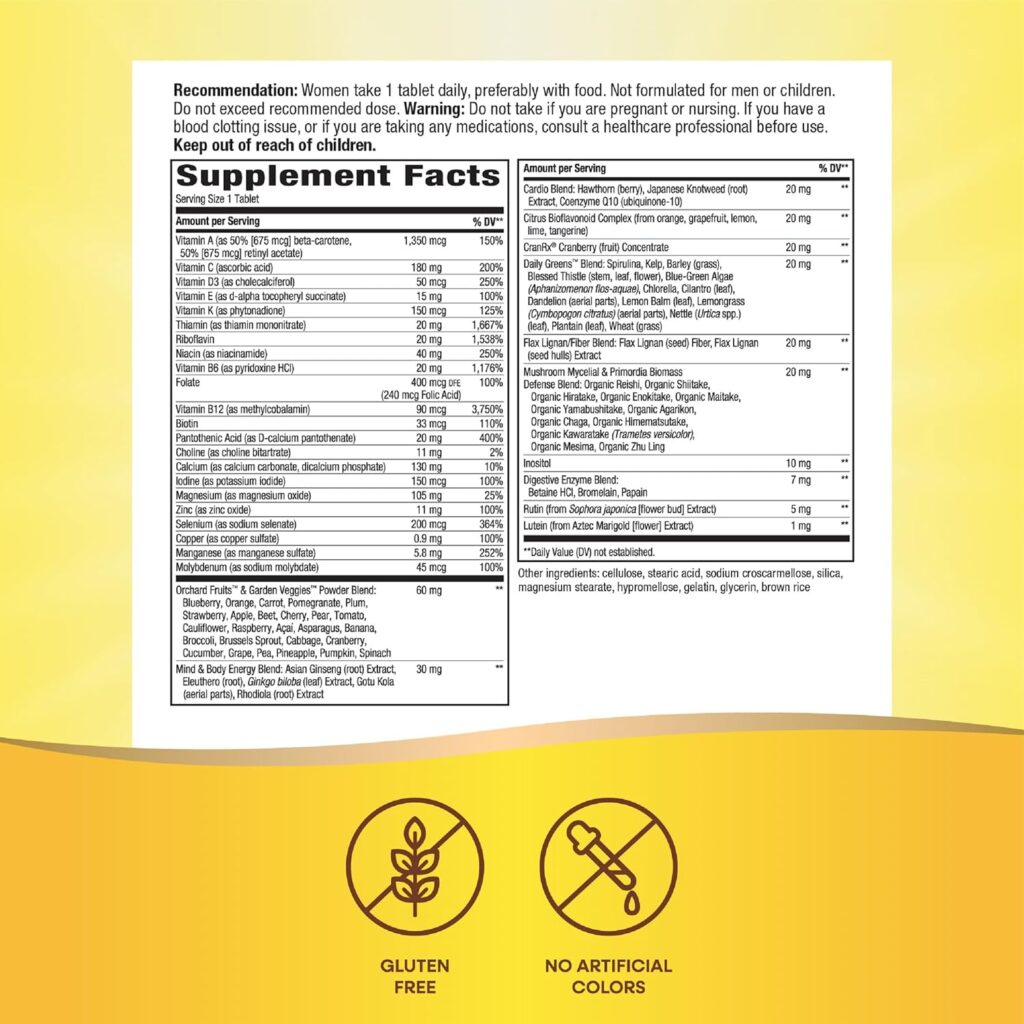
This knowledge can help you make more informed decisions about your skincare routine, diet, and overall health. It’s a pathway of continuous learning and refinement.
Practical Exercises to Reinforce Your Learning
- Skin assessment: Take a close look at your skin and note any concerns or issues.
Use a magnifying mirror to examine your skin texture, pore size, and any blemishes or discoloration.
- Supplement research: Choose one skin concern and research which supplements might help address it.
Look for scientific studies and reputable sources to support your findings.
- Food diary: Keep a log of your diet for a week and identify which skin-loving nutrients you’re getting (or missing) from your food.
This can help you decide where you might need to supplement.
- Before and after photos: Take a photo of your skin before starting a new supplement regimen, then take another after 6-8 weeks to track progress.
Make sure to use consistent lighting and angles for accurate comparison.
- Nutrient interaction map: Create a visual diagram showing how different nutrients interact and support each other in promoting skin health.
This can help you understand the synergistic effects of various supplements.
People Also Asked
What vitamins are good for skin elasticity?
Vitamins C and E are particularly useful for skin elasticity. Vitamin C promotes collagen production, while vitamin E helps protect existing collagen from damage.
Can supplements really improve acne?
Yes, certain supplements like zinc, omega-3 fatty acids, and probiotics have shown promise in improving acne by reducing inflammation and balancing skin bacteria.
How long does it take to see results from skin supplements?
It typically takes 4-6 weeks to start seeing noticeable results from skin supplements, as this aligns with the skin’s natural cell turnover cycle.
Are collagen supplements effective for skin?
Research suggests that oral collagen supplements can improve skin elasticity and hydration, particularly in older adults.
What’s the best vitamin for reducing wrinkles?
Vitamin A (retinol) is widely considered one of the most effective vitamins for reducing wrinkles and fine lines.
Can vitamin D deficiency affect skin?
Yes, vitamin D deficiency can lead to dry, itchy skin and may exacerbate conditions like eczema and psoriasis.
Are there any risks to taking skin supplements?
While generally safe, some supplements can interact with medications or cause side effects if taken in excess. Always ask with a healthcare provider before starting a new supplement regimen.
How much water should I drink for healthy skin?
While person needs vary, aim for about 8 glasses (64 ounces) of water per day to help keep your skin hydrated and flush out toxins.
Can stress affect skin health?
Yes, stress can significantly impact skin health by triggering inflammation, exacerbating acne, and accelerating aging processes.
Are there any foods I should avoid for better skin?
Some people find that reducing their intake of dairy, sugar, and processed foods can improve their skin health, but person responses can vary.
Key Takeaways
- A combination of vitamins, minerals, and specialized supplements can significantly improve skin health.
- Consistency and patience are key when implementing a skin supplement routine.
- Always consider potential interactions and talk to a healthcare provider before starting new supplements.
- Your skin’s needs may change over time, so be prepared to adjust your routine accordingly.
- Supplements work best when combined with a healthy diet and lifestyle.
